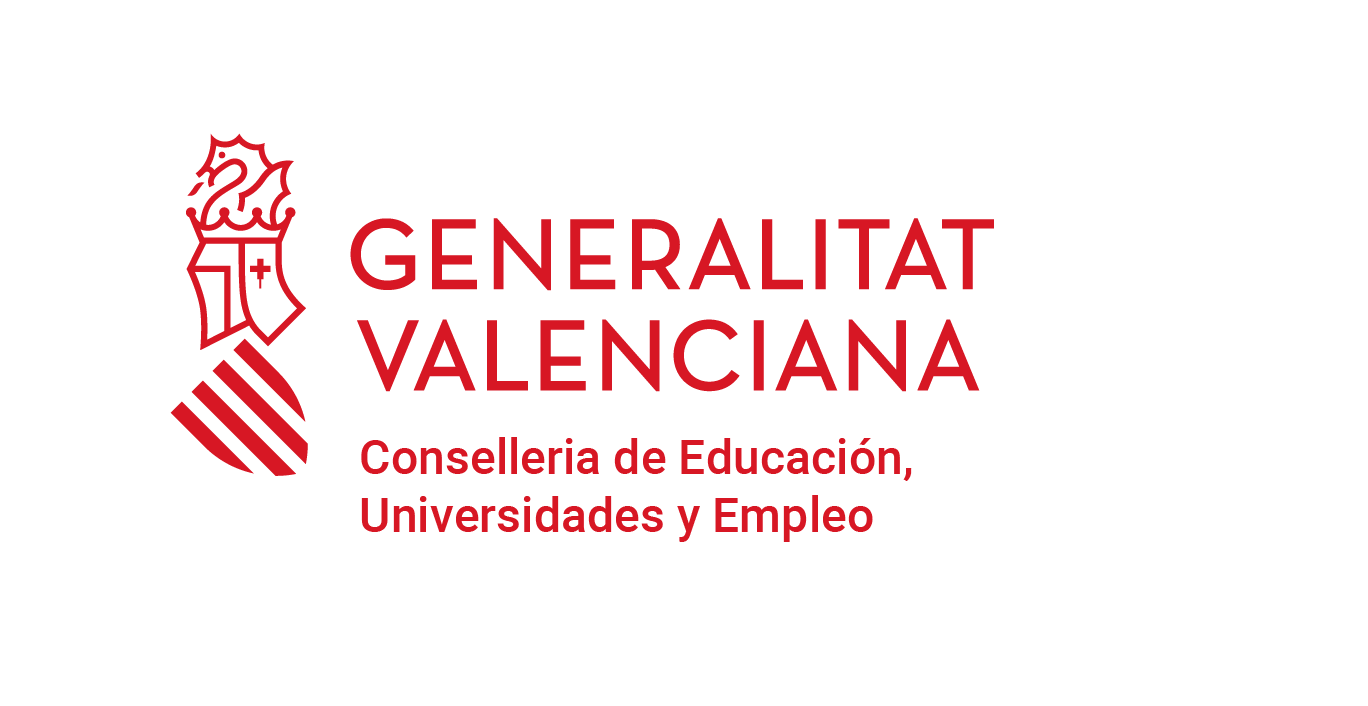SAHS (sleep apnoea/hypopnoea syndrome) refers to one of the commonest breathing disorders in a general population. Yet recent studies indicate that only 2 in every 10 people who have sleep apnoea are actually aware they have it. It is important that not just the people who suffer it, but also those who live with them, know this disease.
SAHS is a breathing disorder that occurs while patients sleep and presents pauses in their usual breathing rhythm. In general terms, breathing returns to normal with a loud snore or a sound which resembles that people make when they are choking. During apnoea episodes, respiratory tracts can narrow or close completely.
This situation alerts the brain for it to order our body to interrupt sleep in order to open or clear respiratory tracts, which involves “micro-awakenings”.
It is not merely a snoring problem, but a sleep disorder that directly affects rest and leads to feeling excessively sleepy during the day, lack of concentration and performing worse at work. Some studies have demonstrated that the people who have SAHS are at a 15-fold higher risk of being involved in traffic accidents; a study done in Castellón showed a SAHS prevalence of 8.6% in a group of 25 transport companies in the province. This syndrome is also related with cardiovascular problems, hypertension, obesity and diabetes.




